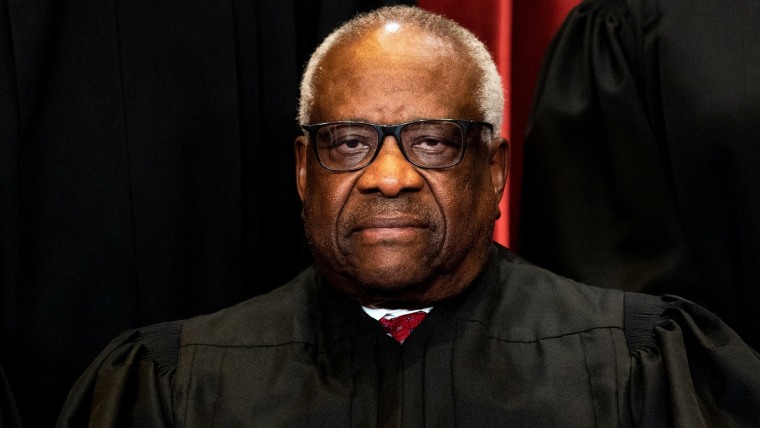The Supreme Court’s decision to overturn Roe v. Wade could pave the way for states to restrict access to certain contraceptives, two legal experts said.
Ahead of Friday, 13 states had trigger laws designed to go into effect and outlaw abortion after a Roe reversal. Such bans are now in place in Arkansas, Kentucky, Louisiana, Missouri, Oklahoma and South Dakota, and are expected soon in Mississippi, North Dakota, Utah and Wyoming. Bans in Idaho and Tennessee could follow in 30 days, and Texas shortly after that.
“The states that are trying to limit abortion from the moment of conception — not even from the moment of pregnancy, as the medical profession would define it — could well try to challenge Plan B, emergency contraception, potentially even IUDs,” said Wendy Parmet, director of the Center for Health Policy and Law at Northeastern University.
Those forms of birth control could be an easier target for restrictions than traditional birth control pills, she said, because they prevent implantation — when a fertilized egg attaches to the womb — in addition to fertilization. Some people already consider them abortion-inducing medications for that reason.
The Supreme Court decision does not directly affect access to contraception. Rather, experts anticipate that states, counties or even individual prosecutors who want to ban Plan B or IUDs may now believe they have the “tailwind of the Supreme Court” behind them, Parmet said.
The concurring opinion from Justice Clarence Thomas on Friday even suggested that the Supreme Court should “reconsider” other past rulings, including Griswold v. Connecticut, a 1965 case that granted married couples the right to buy and use contraceptives. The majority opinion, however, said the decision should not call into question other precedents.
Is birth control under threat?
In his opinion, Thomas expressed skepticism around the doctrine of substantive due process, which refers to the court’s power to protect certain rights, even if the rights are not explicitly named in the Constitution. Contraception falls into that category.
“I can assure you that in the 18th century when they drafted the Constitution, women were not part of the body politic. They weren’t voting. They weren’t at the table suggesting edits,” said Khiara M. Bridges, a law professor at the University of California, Berkeley.
So the court has plenty of leeway to interpret how the Constitution might have dealt with contraception access, she explained.
Click Here to Read the Full Original Article at NBC News Top Stories…

